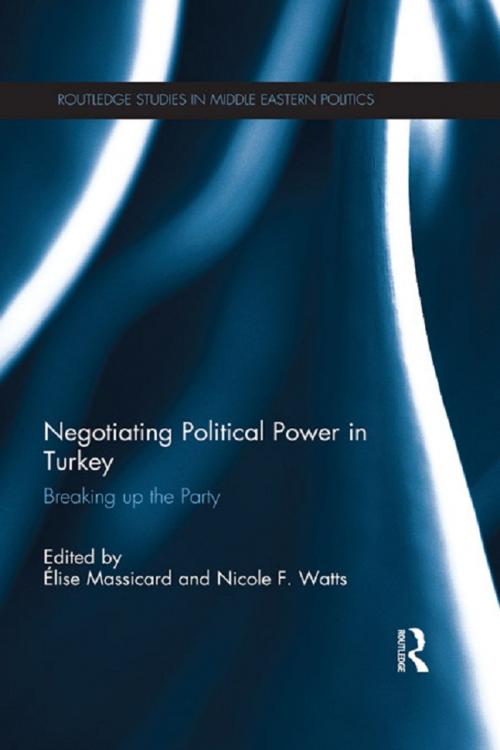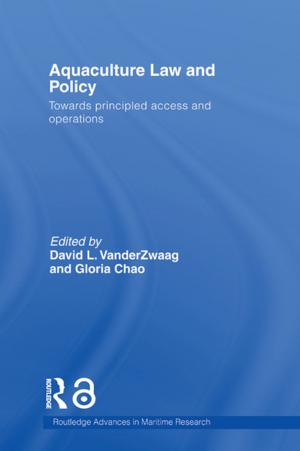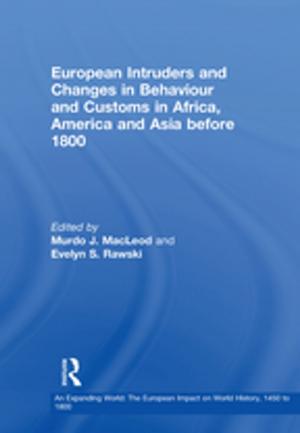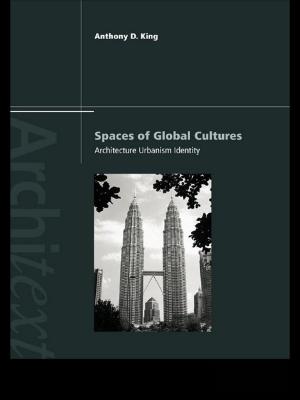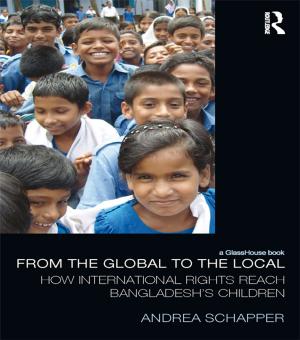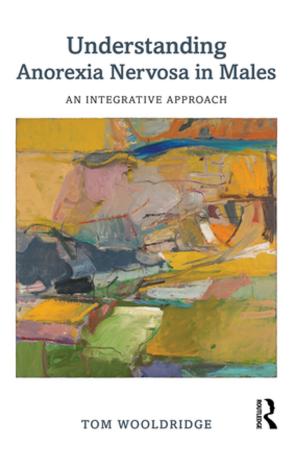Negotiating Political Power in Turkey
Breaking up the Party
Nonfiction, Social & Cultural Studies, Political Science, Social Science| Author: | ISBN: | 9781135136871 | |
| Publisher: | Taylor and Francis | Publication: | December 12, 2012 |
| Imprint: | Routledge | Language: | English |
| Author: | |
| ISBN: | 9781135136871 |
| Publisher: | Taylor and Francis |
| Publication: | December 12, 2012 |
| Imprint: | Routledge |
| Language: | English |
This edited collection looks at how political parties in Turkey actually work, inside and out. Departing from traditional macro-level analyses, the book offers a new sociological approach to the study of political parties, treating them as non-unitary entities composed of many different groups and individuals who both cooperate and compete with one another.
The central proposition of the book is that parties must be studied as clusters of relationships in specific locales rather than as unitary ‘black boxes.’ This ground-up approach provides new insights into the internal workings of political parties; why parties gain and lose elections and other political resources; and the ways in which power is negotiated and exercised in Turkey and beyond.
Chapters include studies of Islamic and Islamist parties from the 1970s to the present, ethnic Kurdish parties, center- and extreme right parties, and the far left, as well as independent candidates. The authors pay particular attention to relations – and the blurry boundaries-- between parties and civil society groups, religious associations, non-governmental organizations, ethnic and socio-economic groups, and state institutions, and to the variability of external and internal party politics in different geographies such as Adana, Mersin, and Diyarbakir.
This edited collection looks at how political parties in Turkey actually work, inside and out. Departing from traditional macro-level analyses, the book offers a new sociological approach to the study of political parties, treating them as non-unitary entities composed of many different groups and individuals who both cooperate and compete with one another.
The central proposition of the book is that parties must be studied as clusters of relationships in specific locales rather than as unitary ‘black boxes.’ This ground-up approach provides new insights into the internal workings of political parties; why parties gain and lose elections and other political resources; and the ways in which power is negotiated and exercised in Turkey and beyond.
Chapters include studies of Islamic and Islamist parties from the 1970s to the present, ethnic Kurdish parties, center- and extreme right parties, and the far left, as well as independent candidates. The authors pay particular attention to relations – and the blurry boundaries-- between parties and civil society groups, religious associations, non-governmental organizations, ethnic and socio-economic groups, and state institutions, and to the variability of external and internal party politics in different geographies such as Adana, Mersin, and Diyarbakir.
